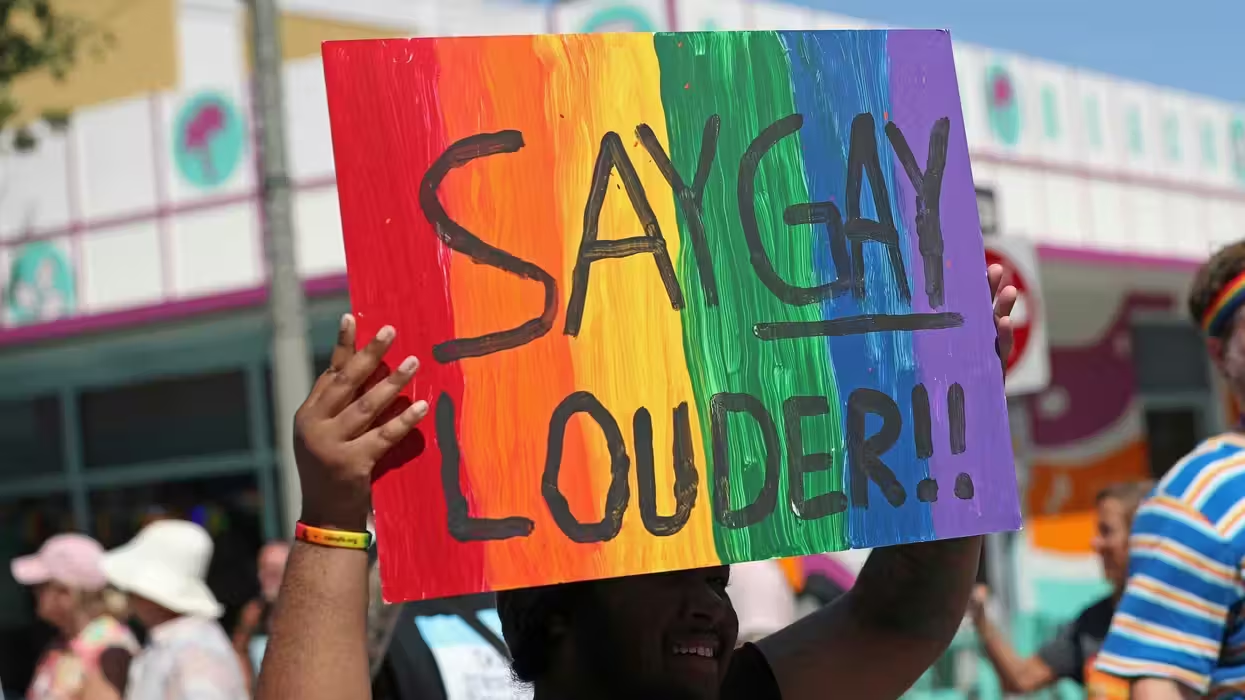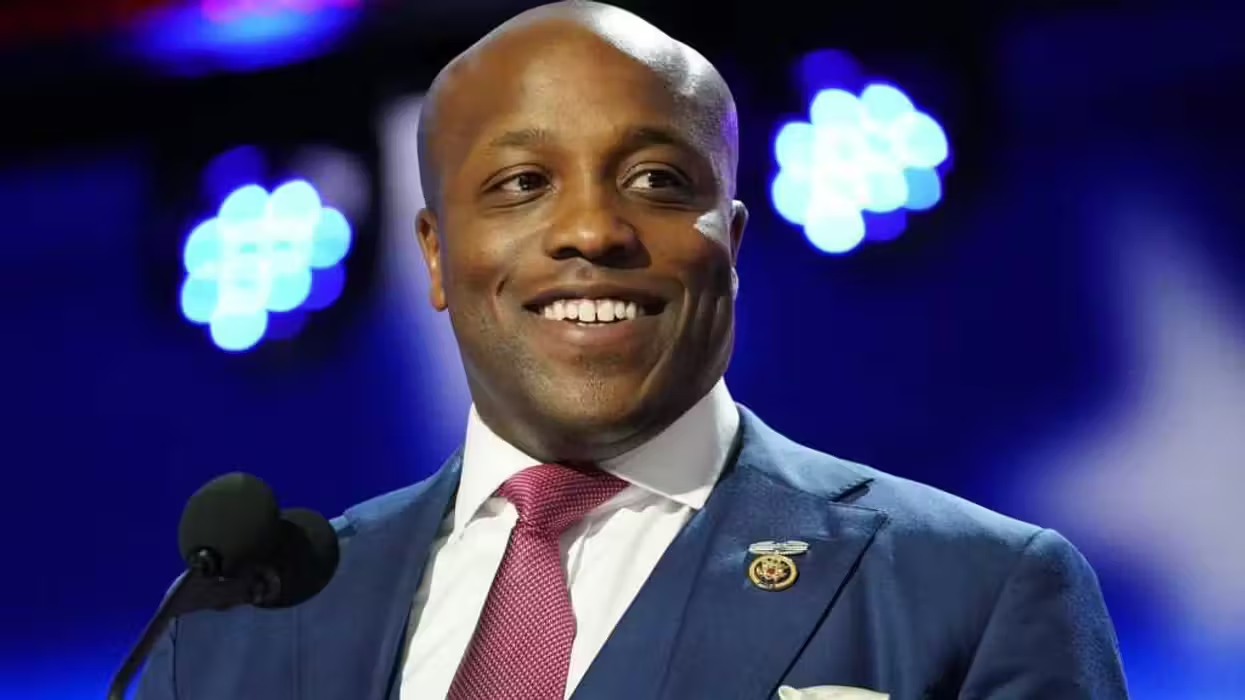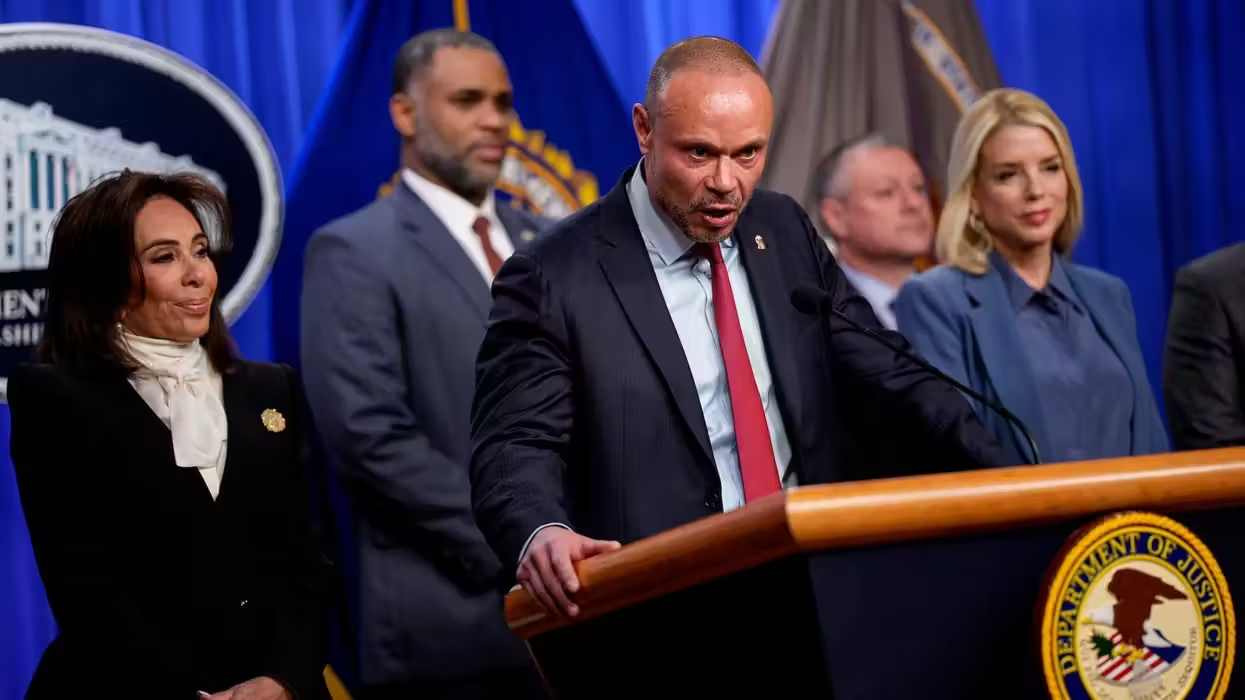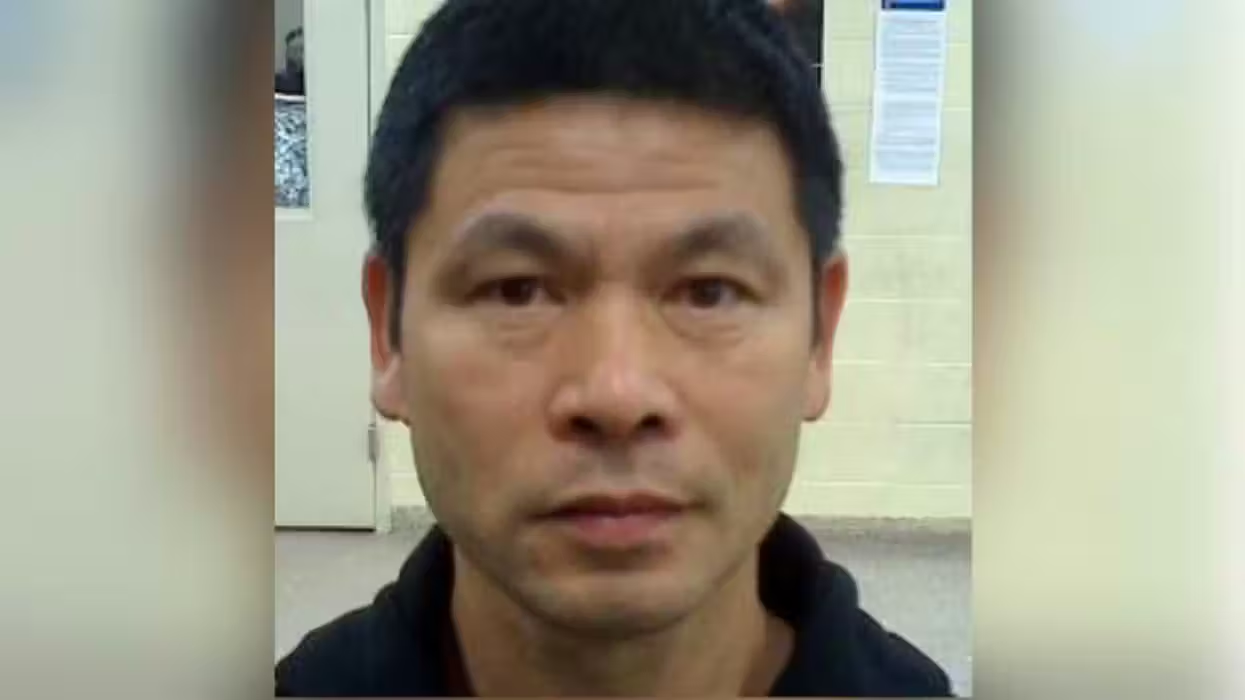A Department of Veterans Affairs official testified Friday that just three of the roughly 7,000 senior officials working across the entire federal government received an "unsatisfactory" performance rating in 2012, or about one-twentieth of one percent.
Gina Farrisee, an assistant secretary at the Department of Veterans Affairs, told the House Veterans' Affairs Committee that senior officials typically are ranking in the top three performance categories, and that being ranked in the lower two categories — "minimally satisfactory" and "unsatisfactory" — is almost unheard of.
 Gina Farrisee, an assistant secretary at the Department of Veterans Affairs, told Congress Friday that almost every senior official in the government gets a great performance review. Alex Wong/Getty Images
Gina Farrisee, an assistant secretary at the Department of Veterans Affairs, told Congress Friday that almost every senior official in the government gets a great performance review. Alex Wong/Getty Images
"In all of federal government, there were only 12 senior executives rated minimally satisfactory and three rated unsatisfactory in FY 2012," she testified.
Farrisee said the VA has also given its senior officials good ratings for the last four years. She said not a single senior official of the roughly 470 working at the VA were ranked in the lower two performance categories in the past four years.
"The absence of ratings in the lowest two categories is not uncommon for most agencies and demonstrates that VA monitors and addresses performance on an ongoing basis," Farrisee said.
Those stellar ratings stand in contrast to the scandal that has unfolded over the last few years at the VA, where officials worked to delay healthcare appointments for veterans, and then cover up the long wait times that thousands of veterans faced. Farrisee testified Friday on the scandal before the House Veterans' Affairs Committee.
Farrisee testified that the VA follows the federal government's guidelines for awarding these bonuses, which has agencies place members of the senior executive service in one of five categories. Senior officials ranked as "outstanding" or "exceeds fully successful" are given bonus awards.
Ironically, Farrisee said the VA gives special weight to employees who are "results driven" when deciding how to rank senior officials. Despite that priority, bonuses were being handed out even as thousands of veterans were being denied healthcare, a core mission of the VA.
At the VA, 73 percent of senior officials got bonuses in 2010. That rose to 75 percent in 2011, fell back to 73 percent in 2012, and jumped to 78 percent in 2013.
VA bonuses to workers in those two categories totaled more than $14 million over the last four years. Farrisee said all remaining VA employees were considered "fully successful," a ranking that did not warrant a bonus.
Committee Chairman Jeff Miller (R-Fla.) said that when three quarters of senior officials are receiving bonus awards, those awards have essentially become an entitlement.
"Bonuses are not an entitlement," he said. "They are a reward for exceptional work. VA's current practice only breeds a sense of entitlement and a lack of accountability, and is why we are where we are today."
During the hearing, Miller pressed Farrisee on whether so many bonuses would be handed out over the last few years if today's known details of the scandal were known earlier. Farrisee said she believes the performance rankings would likely have changed.
Farrisee also said that once a final rating decision is made, it can't be changed. Miller asked if she would support a change to the law to allow performance ratings to be changed later if new information is presented, but Farrisee resisted.
"There are other ways to discipline employees for misconduct," she said.
After being pressed further by Miller, Farrisee said the VA would use any authority allowed by Congress, but even then she said Congress should consider the change for the entire government, not just the VA.
"If that were across the federal government, I could agree with that," she said.

 Gina Farrisee, an assistant secretary at the Department of Veterans Affairs, told Congress Friday that almost every senior official in the government gets a great performance review. Alex Wong/Getty Images
Gina Farrisee, an assistant secretary at the Department of Veterans Affairs, told Congress Friday that almost every senior official in the government gets a great performance review. Alex Wong/Getty Images






